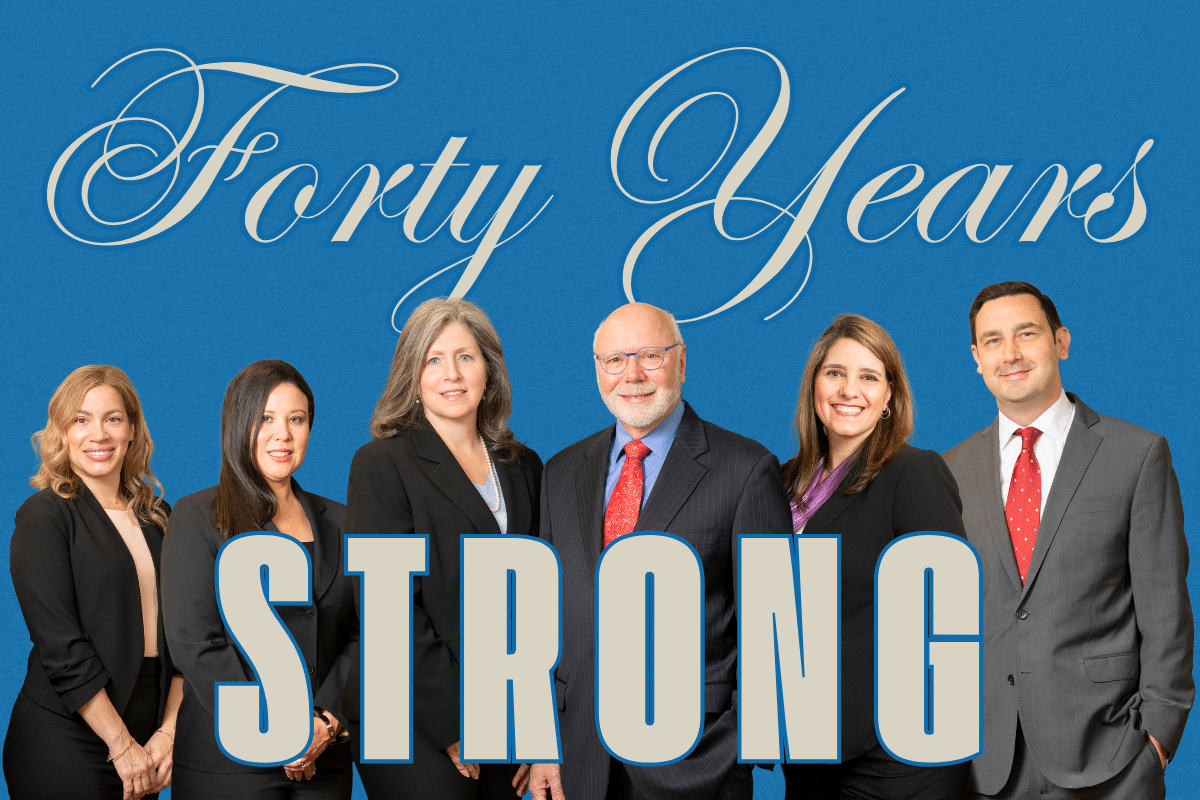Many of us put off planning for the future, thinking we have plenty of time…
Many New Yorkers own real property in multiple states. It is common for a New York resident to own real property, such as a vacation home in a warmer location. In this situation, it is important to speak with a NY estate planning attorney.
When you pass away and are the sole owner of real property in more than one state, the executor of your estate may need to open more than one probate proceeding. The original probate proceeding would be brought in the state of your primary residence, and an ancillary probate proceeding would be brought in each state where you owned real property titled in your individual name.
An ancillary probate proceeding can add time and expense to the administration of your estate. When an individual owns real property in multiple states, careful estate planning can prevent the need to have a probate proceeding in each state. Your NY estate planning attorney or probate lawyer can offer several estate planning strategies to implement during your lifetime to avoid an ancillary probate proceeding:
- Revocable Trust. You can create a revocable living trust and fund it with the out-of-state real property. In order to transfer the real property to the trust, you would need to execute a deed transferring the title from yourself to the trustee.
- Transfer Property to a Joint Owner. You can transfer the out-of-state real property from your individual name to you and a joint owner with rights of survivorship. Or you and your spouse can own undivided interest in the property as tenants by the entirety. Please note that if you hold title to real property as tenants in common, the executor of your estate will not avoid an ancillary probate proceeding.
- Transfer on Death (TOD) Deed. You can transfer the out-of-state real property with a revocable TOD deed to a designated beneficiary according to the Uniform Real Property Transfer On Death Act. Similar to a beneficiary designation on a financial account, the named heir on a TOD Deed will have no interest in the real property until you pass away. However, it is important to note that not every state permits a TOD Deed. New York and Florida do not.
Please note that the above referenced strategies can be implemented by you during your lifetime. However, upon your passing, it is too late for the executor of your estate to take advantage of these strategies, and they will need to move forward with an ancillary probate proceeding.
It is important to speak with and retain a knowledgeable estate planning attorney or probate lawyer to evaluate your options. The attorneys at Russo Law Group, P.C. are experienced and can advise you on ways to avoid probate and ancillary probate proceedings when you have out-of-state properties. Contact us today!




Comments (0)